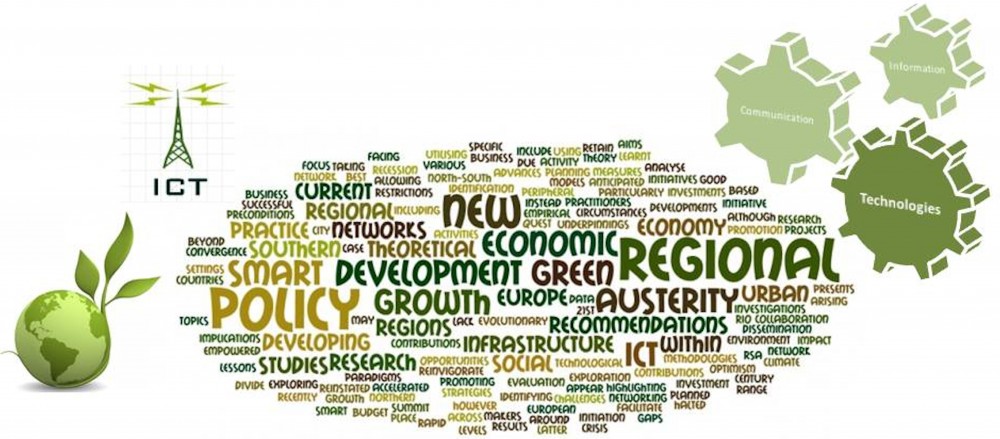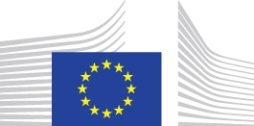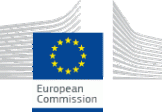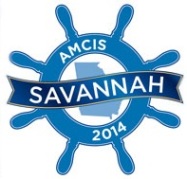
“If you program a robot’s every movement”, says Gopnik of UC Berkeley, “it can’t adapt to anything unexpected”. “But when scientists build machines that are programmed to try a variety of motions and learn from mistakes, the robots become far more adaptable and skilled”. The same principle applies to children, she says. That’s why a new breed of educators, inspired by everything from the Internet to evolutionary psychology, neuroscience, and AI, are inventing radical new ways for children to learn, grow, and thrive. To them, knowledge isn’t a commodity that’s delivered from teacher to student but something that emerges from the students’ own curiosity-fueled exploration. Teachers provide prompts, not answers, and then they step aside so students can teach themselves and one another. As Maria Montessori did, they are creating ways for children to discover their passion—and uncovering a generation of geniuses in the process. That logic is inexorable: Access to a world of infinite information has changed how we communicate, process information, and think. Decentralized systems have proven to be more productive and agile than rigid, top-down ones. Innovation, creativity, and independent thinking are increasingly crucial to the global economy. Juárez Correa, a teacher in Mexico didn’t know it yet but applied an emerging educational philosophy based on the logic of the digital age to the classroom. Read here more about the innovative opportunities of smart technologies for children education.






